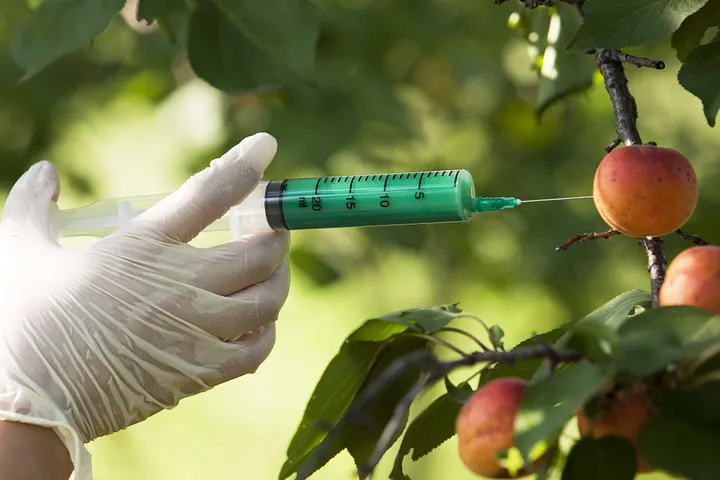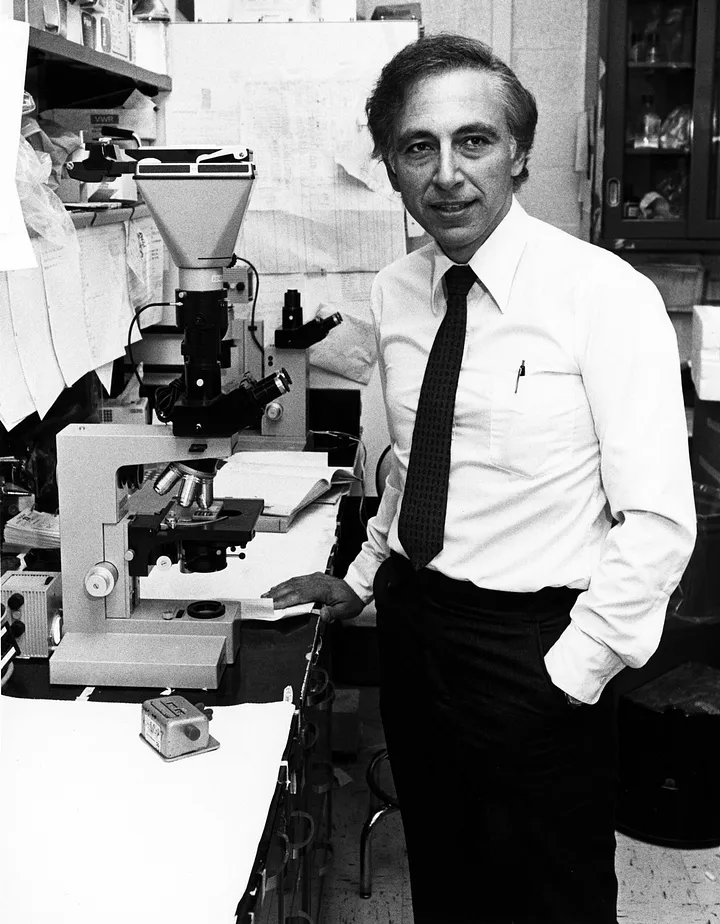Bayer Corporation, one of the largest pharmaceutical and life sciences companies in the world, has been at the center of several controversies in recent years. The company has faced allegations of unethical business practices, including price fixing, and has been embroiled in several lawsuits. However, what has garnered the most attention is the growing conspiracy theory that the company is involved in an elaborate scheme to deceive the public and control the world’s food supply. In this article, we will delve into the allegations of the Bayer conspiracy and provide a comprehensive analysis of the evidence and counter-arguments.
The Bayer conspiracy theory is rooted in the company’s history and its ties to other major corporations in the agriculture, pharmaceutical, and biotech industries. Some proponents of the theory argue that Bayer and its partners are working together to control the world’s food supply, using their influence to manipulate the regulations and policies that govern the industry. They claim that the ultimate goal is to establish a monopoly on the food market, thereby increasing prices and profits for the companies involved.
One of the key components of the Bayer conspiracy is the company’s control of the patent for genetically modified seeds. These seeds, known as GM seeds, are engineered to be resistant to herbicides and pests, allowing farmers to increase their crop yields and reduce the use of pesticides. However, the patent on these seeds gives Bayer the power to control the distribution of the seeds and dictate the terms on which farmers can use them. Critics of the company argue that this monopoly on the GM seed market has resulted in higher prices for farmers and has given Bayer significant control over the global food supply.
Another aspect of the Bayer conspiracy is the company’s role in the production and distribution of herbicides and pesticides. Bayer is a major producer of these chemicals, which are used by farmers to protect their crops from pests and weeds. However, there are concerns that these chemicals are harmful to the environment and may pose a risk to human health. Critics of Bayer argue that the company is suppressing information about the dangers of these chemicals and that it is working to influence government regulators to ignore or downplay the risks.
The Bayer conspiracy theory has gained traction in recent years, with many consumers and advocacy groups calling for greater transparency and accountability from the company. However, Bayer and its partners have staunchly denied these allegations, arguing that they are committed to responsible business practices and that their products are safe and effective. They claim that the conspiracy theory is a baseless and false accusation, fueled by misinformation and fear-mongering.
In conclusion, the Bayer conspiracy is a complex and controversial issue that has been the subject of intense debate in recent years. While there is evidence to support the claims made by the theory’s proponents, there are also strong arguments against it. Ultimately, the truth behind the Bayer conspiracy remains unclear, and it is up to individuals to carefully consider the available evidence and make their own informed conclusions. Regardless of the outcome, the Bayer conspiracy highlights the need for increased transparency and accountability in the agriculture, pharmaceutical, and biotech industries, and it serves as a reminder of the importance of independent research and analysis in these fields.











